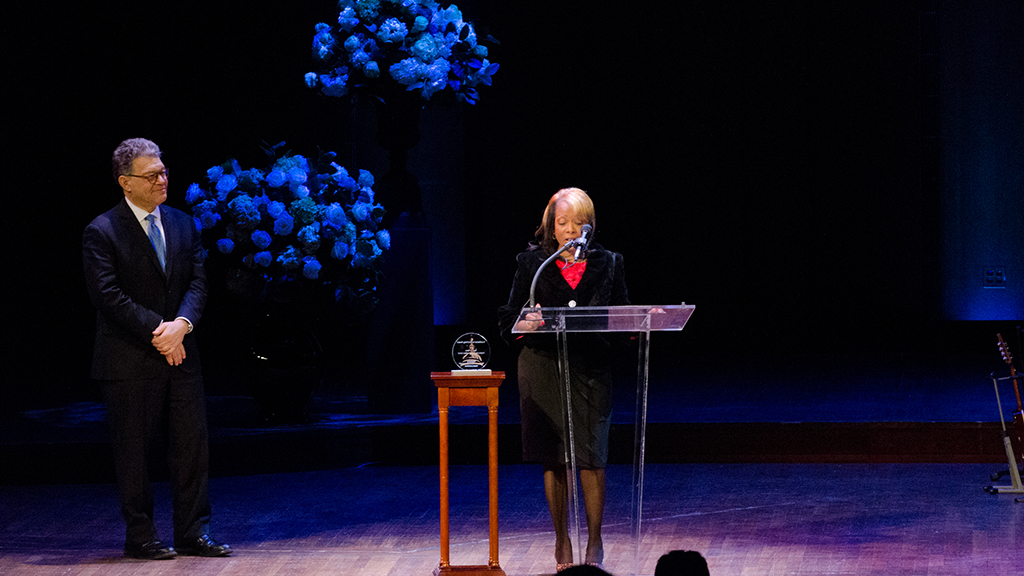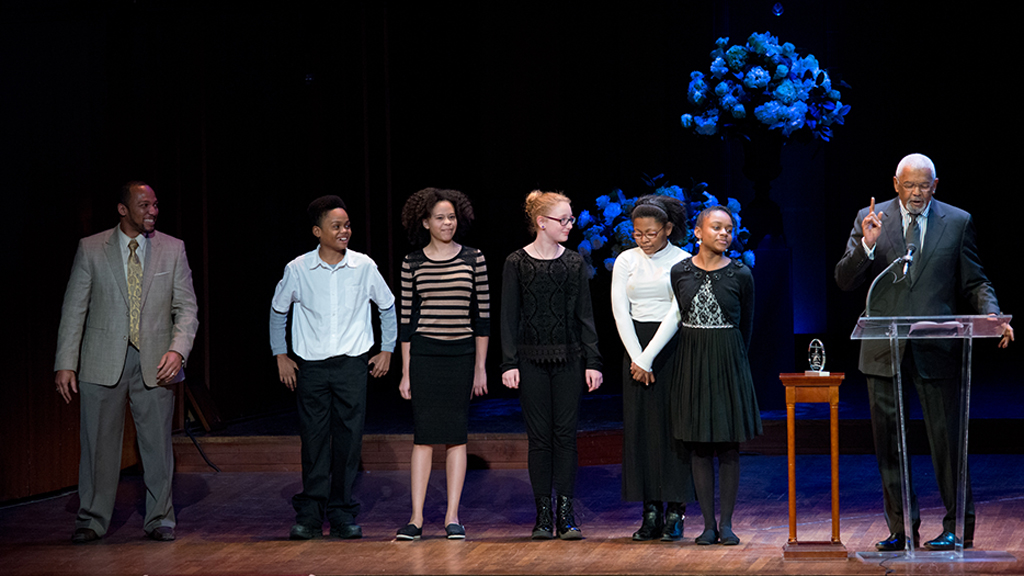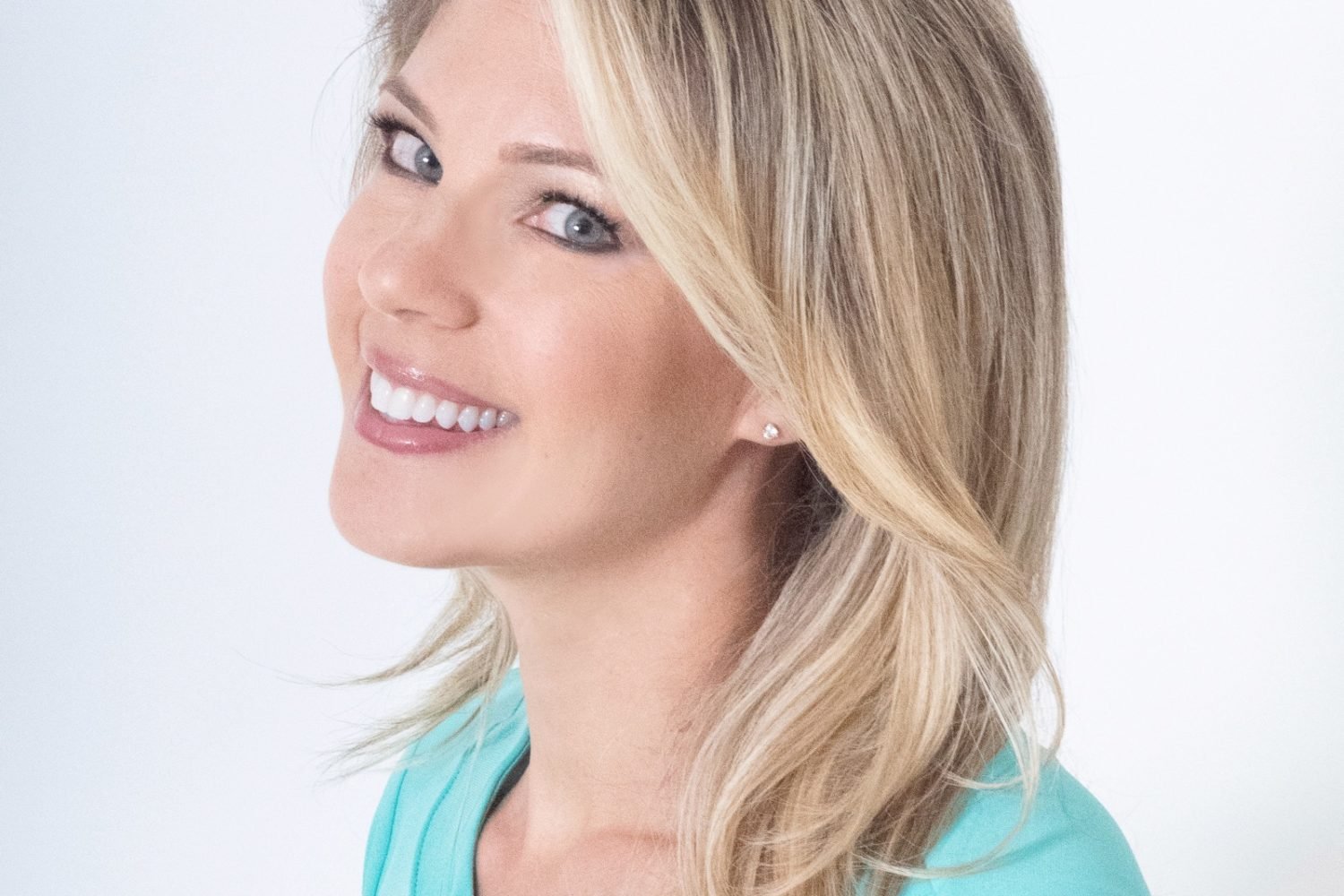When Lisette Partelow embarked on a new career in 2012, she had all the props of an elite Washington professional: an Ivy League degree, management responsibility, challenging work, and a paycheck that placed her—in her first year on the job—in the top 25 percent of US salaries. Yet when she told people about her work, the response was very different than the one that awaited her attorney husband. “The reaction was ‘Oh, that’s cute,’ ” she remembers. “ ‘You must be sweet. But kind of dull.’ ”
Partelow, as it happens, was a teacher. And our standard narrative about teachers has long held that they’re underpaid and underappreciated—selfless, perhaps, but not exactly aspiring masters of the universe.
That narrative isn’t true anymore, at least not in the District. Over the past decade, DC Public Schools has radically changed how it rewards teachers—and what it demands in exchange. Teachers who work in low-income public schools and get strong performance reviews can earn more than $125,000 after fewer than ten years. They can buy houses and cars, which is as it should be. Last school year, DC’s median teacher pay was $75,000, which means most teachers earned as much as other college-educated professionals.
Money isn’t the only new feature. District teachers can now influence policy and curriculum. They can apply to become master educators, who formally evaluate teachers and provide targeted feedback. On paper at least, teaching in the nation’s capital finally looks like an aspirational profession.
But we’re living in a strange interregnum, when the vernacular hasn’t kept pace with reality. Many people still talk about teachers as if they volunteer in a soup kitchen—as if the hardest part is just showing up. It’s a subtle bias, born of good intentions, says Hope Harrod, DC’s 2012 Teacher of the Year.
“When I tell people I’m a teacher, they say, ‘Oh, my gosh—that’s God’s work. Thank you.’ ” She appreciates their gratitude, but the implications wear on her. “What they’re basically saying is ‘Thank you for doing that job so that I don’t have to.’ ”
When this happens, Harrod searches for a way to correct the mistake. “They’re missing that I am not actually sacrificing to do this. I’m working extremely hard because I believe in this intellectual journey—for my students and also for me. It is deeply engaging.”
By “intellectual journey,” Harrod means the workplace questions that teachers grapple with daily: Why is Juan insisting that the answer is 15.5 and not 18? What’s happening in his head that isn’t happening in Scarlette’s head? How can she give him the tools to take apart his own process and rebuild it, piece by piece? For teachers, these challenges are as fulfilling as designing a two-story foyer might be for an architect or arranging a complex merger might be for a corporate lawyer.
Out in the rest of the world, where people don’t understand the intellectual journey, acquaintances routinely ask what Harrod plans to do next: “ ‘Are you going to be a principal? What is the plan?’ ” She knows they mean well but wishes they understood that her work already challenges her in every way, even after 14 years. Do people ask a pediatrician why she isn’t gunning to become hospital chief? “The underlying implication is ‘You’re not working to your potential.’ And I am.”

Changing the way we talk about teachers isn’t just about massaging the egos of people like Partelow and Harrod—it’s about uplifting our educational system. If you boost the status of a job, you can attract and keep more great people. That has started to happen in DC, which now retains about 92 percent of its highest-ranked teachers.
But the biggest transformation will be cultural. As more people see teaching as prestigious, other magical changes follow: Parents begin to trust teachers a little more. Taxpayers start to believe their money is well spent. Politicians step aside so teachers can shape what’s taught and how. Most important, kids notice, too. When they hear stories about how hard it is to become a teacher and see the respect with which teachers are treated, students start to infer that school isn’t a joke after all—that when adults say education is important, they might actually mean it.
DC Public Schools has tried to tell this story. On February 1, for the sixth year in a row, the city is celebrating its highest-performing teachers at a Kennedy Center gala called Standing Ovation. Past events have featured Chuck Brown, John Legend, and Roberta Flack. I’ve attended as a spectator (plus once as a presenter), and I look forward to it every year. For one night, it almost feels as if the people who do the city’s most important cognitive and emotional work are finally getting treated that way.
Almost. At each of these affairs, there’s also a moment when the illusion breaks down. Usually this happens when one of the celebrity hosts reverts to cliché. “What group of people anywhere in these United States,” said News4 anchor Jim Vance at the first Standing Ovation event, “are more underpaid, undervalued . . . less respected” than our teachers? The teachers applauded, but it was an awkward way to kick off a celebration—by telling the guests of honor that they’re the least respected people in America.
Who can blame Vance? The man was himself a teacher for a time in the 1960s, and he has graciously emceed these events for years. He clearly has much love for teachers. But it’s time to evolve from loving teachers to admiring them. There is a difference.

The first year my son attended a DC public school, I received an e-mail from other parents asking for contributions toward a holiday gift for the teacher. That seemed like a nice gesture. Weeks later, I got another message asking for donations for a stroller, because the teacher was expecting a baby. Several months later, I received a third e-mail—this time requesting end-of-year gift donations for the same teacher.
This hat-passing is generous, and criticizing it felt churlish. So I paid up. But if we’re being honest, a wad of cash isn’t the highest praise for a professional. It’s not the way we show reverence for doctors and engineers. It feels more like a tip—a way to thank teachers for putting up with their sad-sack jobs. (Also, because it doesn’t happen at all in many poorer neighborhoods, the tradition is doubly dated: It treats teachers like underpaid service workers while exacerbating existing disparities among schools.)
If more parents understood what serious teaching looked like, what would they do instead? Maybe, at parties, they’d talk to teachers about their craft. They might ask to sit in on classes instead of just coming to concerts and games. And if they understood what their children would miss, they might not want them to be late for school.
Changing the reputation of a profession takes time. “In the United States, we’ve conceived of teaching as primarily a moral calling, not an intellectual one, for two centuries,” says Dana Goldstein, author of The Teacher Wars: A History of America’s Most Embattled Profession. But we need to hurry the process along. There’s no way for a modern society to educate all kids to high levels without also cultivating a reverence for teaching. Until we get there, teachers will always be fighting against the larger culture—a hard battle to win.
Adapting our culture to modernity will require a little push. School leaders, journalists, and yes, teachers need to show the public what teaching really involves. And parents and politicians need to witness great teaching with an open mind—not as they remember it but as it should be.
At this year’s Standing Ovation, let it be the one where no one apologizes to teachers for the pathetic salaries they no longer earn. Let it be the year that the mayor and TV personalities feel just a touch nervous onstage, staring out at the audience, suddenly aware that they’re not the smartest people in the room.
Amanda Ripley (amanda@amandaripley.com), a senior fellow at the Emerson Collective, is author of “The Smartest Kids in the World—and How They Got That Way.”
This article appears in the February 2016 issue of Washingtonian Magazine.


















